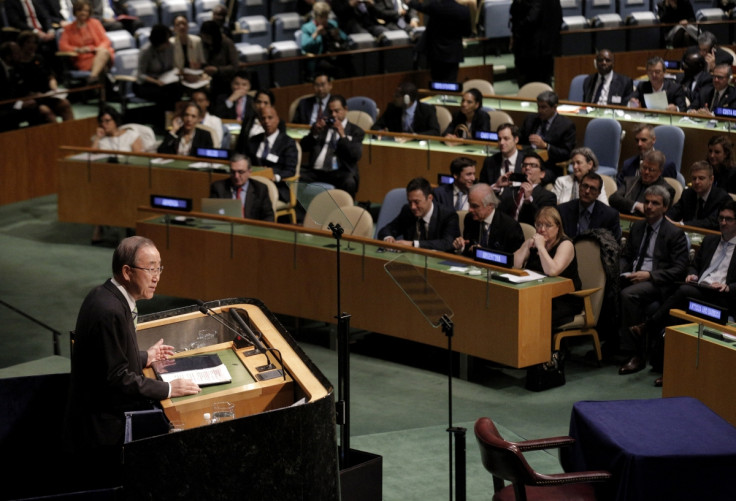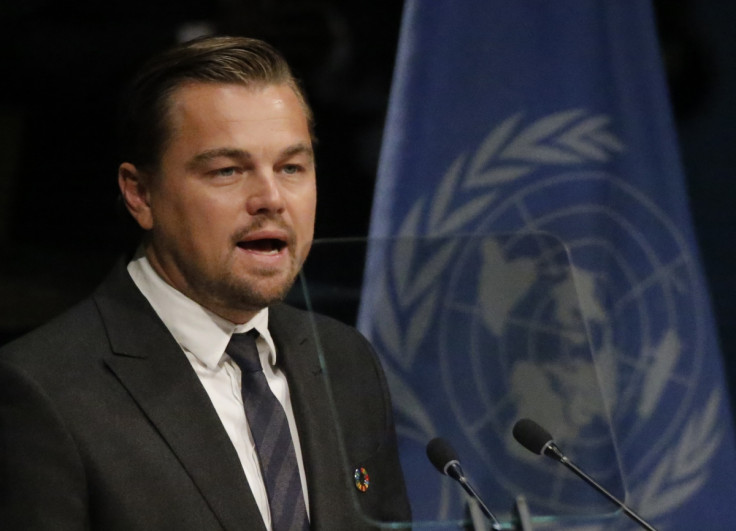World Earth Day: 175 countries sign Paris climate deal at UN

As World Earth Day was observed on Friday (22 April), leaders from 175 countries, including many presidents and prime ministers, came together at the United Nations assembly to express their commitment towards making the world a better place to live in. In the words of UN Secretary-General Ban Ki-moon, it was a "historic day" as the signing ceremony of the Paris Climate Agreement witnessed the largest turnout so far. "This is by far the largest number of countries ever to sign an international agreement on a single day," the UN chief said during a press conference after the opening ceremony of the signing event.
The climate accord was adopted in Paris during the COP21 climate conference on 12 December, 2015. As many as 196 parties to the UN Framework Convention on Climate Change (UNFCCC) adopted the accord, which aims to limit global temperature rise to well below 2C, 1.5C to be specific.
Addressing the signing ceremony, Ban Ki-moon: "Record global temperatures. Record ice loss. Record carbon levels in the atmosphere. We are in a race against time." He added that the window for limiting the global temperature rise within 2C – let alone 1.5C – is "rapidly closing".
To come into force, the climate agreement needs at least 55 countries, accounting for 55% of global greenhouse gas emissions, to ratify and accept the accord at the national levels. Fifteen countries have already completed the process and joined the agreement soon after signing it, while many others have assured they will ratify theirs in 2016.
"If all the countries that have signed today take the next step at the national level and join the agreement, the world will have met the requirement needed for the Paris Agreement to enter into force," the UN chief said, urging the other countries to follow suit.
The countries that joined the agreement after completing the ratification process include Barbados, Belize, Fiji, Grenada, Maldives, Marshall Islands, Mauritius, Nauru, Palau, Palestine, Saint Kitts and Nevis, Saint Lucia, Samoa, Somalia and Tuvalu.
China, the world's biggest polluter, assured that the ratification process will be completed before the G20 meeting in September. The US – the second biggest climate polluter and India – the third, also assured that they will approve the deal in 2016, the Guardian reported. Canada's Justin Trudeau committed that he would present the agreement to parliament for approval by next month.
However, the deal could see a delay in approval by the European Union. Miguel Arias Cañete, the EU climate commissioner, reportedly said that the EU's internal processes would make it difficult to join the global climate accord at an early date. The individual countries in the EU would need to first sign proposals to achieve the common goal for 2030 of a 40% emissions cut measured against 1990 levels, before the EU can proceed towards ratifying the global accord.
Meanwhile, French President François Hollande said he wants his country to lead by example in its efforts to cut emissions.

© Copyright IBTimes 2025. All rights reserved.





















